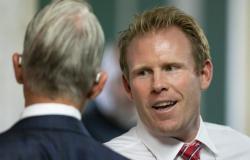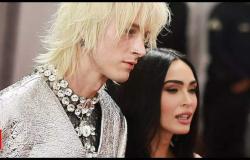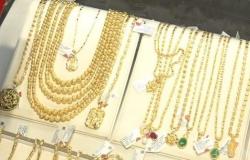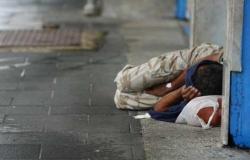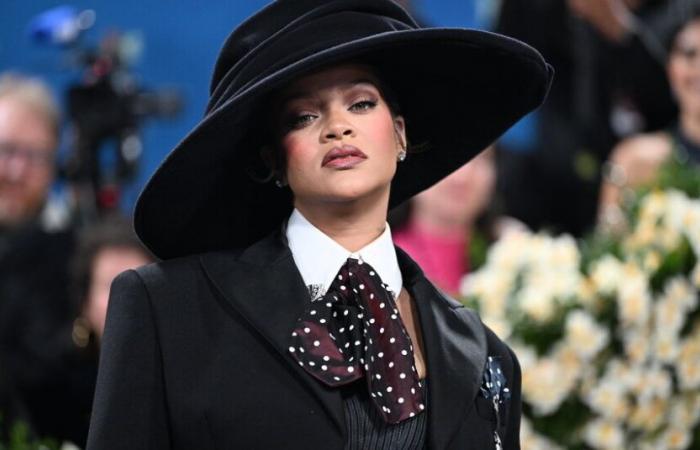
Janelle Monáe was feeling euphoric on Sunday when asked to break down her look for this year’s Met Gala, which celebrates Black dandyism.
“I feel like a kid in class ready to give the presentation,” Monáe said.
After all, “she truly is the modern day dandy,” said Thom Browne, who designed her look.
Since Monáe started releasing music in the 2000s, tailored suiting has been core to her style. She adds her own flair with sculptural layering and accessories like whimsical hats and bow ties.
Growing up, Monáe observed her mother, a janitor and part-time banquet server; her father, a sanitation worker; and her grandmother, a cook, in their uniforms, which included black slacks, white button-down shirts, bow ties, jackets and cummerbunds.
When the singer, actor and author started cultivating her style early in her career, she knew she wanted to honor her working class parents, her ancestors and herself.
“I’m a very free-spirited person,” said Monáe, 39. “I’ve spent a great deal of my career — I’ve tried to at least — just redefining who you can be in a suit.”
Redefinition and self-expression are central to dandyism, a style of elevated dress once imposed upon enslaved people, and remade by Black aesthetes into a tool of self-actualization, revolution and subversion.
-For her Met Gala look, Monáe hoped to play a character she conceived, as she does every year for the event, she said. This year, it was “the time-traveling dandy,” a visual representation of how she is informed by her past while considering herself a staunch Afro-futurist.
“We asked ourselves, ‘What would elements of dandyism from the past, present and future look like?’” Monáe said.
That includes literal elements of time, like a monocle that is also a moving clock, and a watch. But also, an oversized trompe l’oeil cape, embroidered with radial outlines, which will give the illusion of a rectangular portal. When she removes it on the red carpet, it will be as if she is emerging from a time machine: “It feels like you’re getting a glimpse of somebody moving through time,” she said.
Monáe, who identifies as nonbinary, also conveys how dandyism transcends gender.
For this look, she collaborated with Paul Tazewell, the costume designer who recently won an Oscar for his work in the film “Wicked.” Mr. Browne said the cape is a reference to Fritz Lang’s futuristic film “Metropolis.” Monáe’s derby hat evokes Gladys Bentley, a blues singer who was known for adopting more masculine styles of dress in the 1920s. And beneath the cape, Monáe will wear a deconstructed sport coat and skirt — the right half in black and white pinstripes, the left half in a red wool crepe fabric.
“You almost go from the traditional male to the red exuberant female, all on the same figure,” Mr. Tazewell said.
The deconstruction in the suit was also symbolic for Monáe.
“I’ve tried to deconstruct systems for many years through my work, through my art and activism,” she said. “I want to deconstruct respectability politics around suiting and around how Black people can show up in the world. I wanted to show that we get to decide who we are.”

